Student-led effort highlights challenges faced by migrants and refugees with an interactive experience
Only one percent of the 21 million refugees worldwide are ever resettled after registering at a refugee camp, according to the United Nations High Commissioner for Refugees. Students can experience what this process of migration and resettlement feels like in the upcoming simulation event hosted by the Rollins chapter of No Lost Generation, a national organization that focuses on providing equal opportunities to young people in conflict countries.
The refugee and migrant simulation is called Walk-A-Mile, and it plans to give students the most accurate refugee experience possible. It will take place on Tuesday, Oct. 30 in McKean Gym from 12:30-2 p.m.
According to Kate Knight (‘19), president of the Rollins chapter of No Lost Generation, the simulation “is extremely well-thought-out and mindful to the communities it aims to represent.”
The event will start by placing students in family groups where they will be required to navigate the challenges that refugees and migrants face. Each family will assume a cultural identity representing one of eight migrant and refugee populations: Syrian, Somali, Burmese, Kenyan, Rohingya, Congolese, Cuban, and El Salvadoran.
Once placed in their families and groups, the students will begin the simulation by fleeing their home country and encountering an obstacle course at a national border. They will have to avoid border patrol agents who are looking to send them back to their home country.
If a participant crosses the border successfully, they will then face the many challenges found in a refugee camp. These challenges include registering as a refugee in a foreign language, finding materials to build a shelter, getting health examinations in a medical tent, obtaining and purifying water, learning a new language at a camp school, completing a security screening, and a variety of other scenarios.
Dr. Dan Chong, faculty advisor for the organization and assistant professor of political science said, “it’s impossible to truly replicate the experience of being a refugee on a college campus, but hopefully this brief event will encourage students to delve deeper and learn more.” It is the first time the chapter is holding this simulation.
Each station will be managed by trained community members. Students may also have to avoid jail or deportation. The end of the simulation occurs when a United Nations High Commissioner for Refugees camp officer selects just one family to be resettled. This reflects the fact that only one percent of the 21 million refugees worldwide are ever resettled, according to the United Nation’s website.
After the simulation, students will have the option to debrief by listening to refugees speak about their experiences, connect with local services that help refugees and migrants, and attend presentations on advocacy.
This reflective session aims to connect students to advocates and organizations. “The mission of the simulation… [is] to connect student leaders, humanitarian workers, and public and private sector employees so that we can engage in creative and effective methods for immigrant advocacy. It is important we use our position of privilege to serve as responsible allies, and hopefully advocates, for displaced populations around the world,” said Knight.
Dr. Chong added, “Hopefully this brief event will encourage students to delve deeper and learn more… People who lose their homes and livelihoods should have a basic right to safety… there’s much more we could be doing to ensure that.”
The event is being organized with the help of the Global Human Project, an organization that Knight contacted after discovering them through her research. Knight said that the organization has provided “consultation and planning, volunteer training, age-appropriate educational materials, and an in-depth debriefing experience” to ensure that the simulation is carried out in a responsible manner.
The upcoming experience is open to everyone, and participants can register through recent campus emails about the event. However, registration is not required to attend. Afterward, students will fill out an online survey that will gauge their feelings about the event.

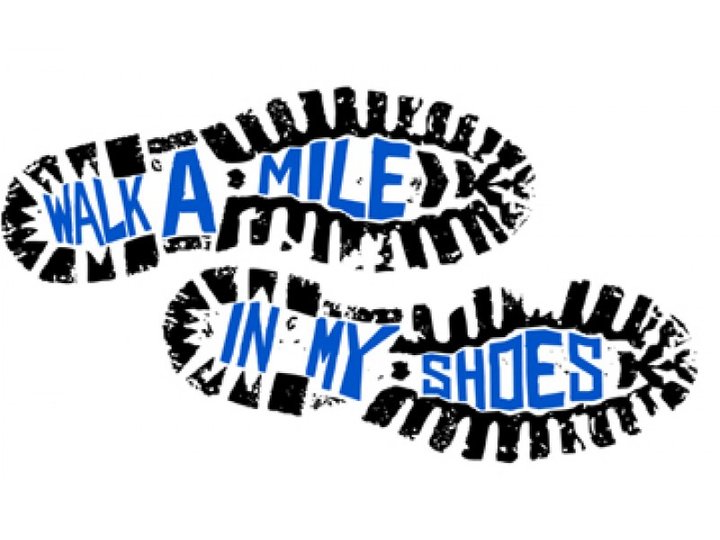
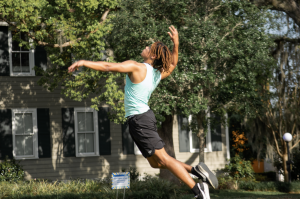
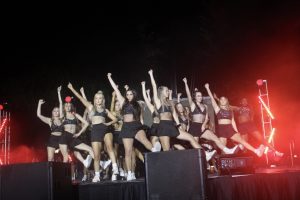



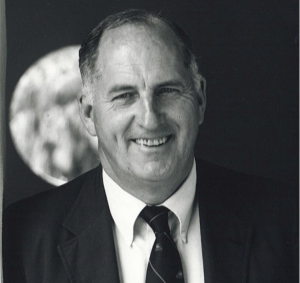
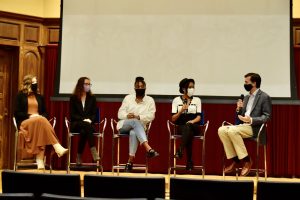
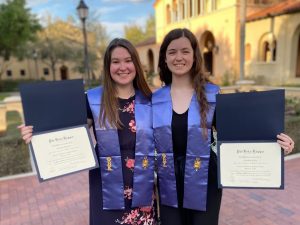
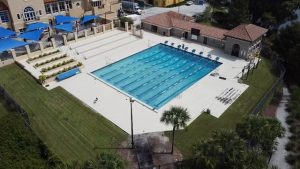

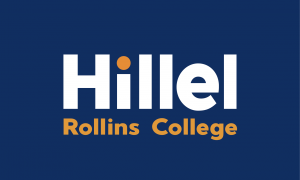
Be First to Comment